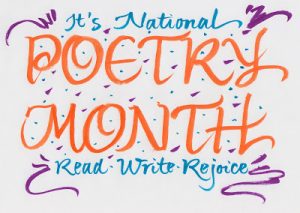 The topic for this post has been on my mind for a while. It is more of a question arising out of my experience with multi-modal text, specifically students’ work when transducing words to image. Perhaps you can help me answer the question:
The topic for this post has been on my mind for a while. It is more of a question arising out of my experience with multi-modal text, specifically students’ work when transducing words to image. Perhaps you can help me answer the question:
Whose images should students be required to produce when asked to analyze the author’s writing: The visualization of what they read or what the author intended?
I ask because I have found that controlling what students visualize while reading might be just as controversial as asking students to think in English. Continue reading










